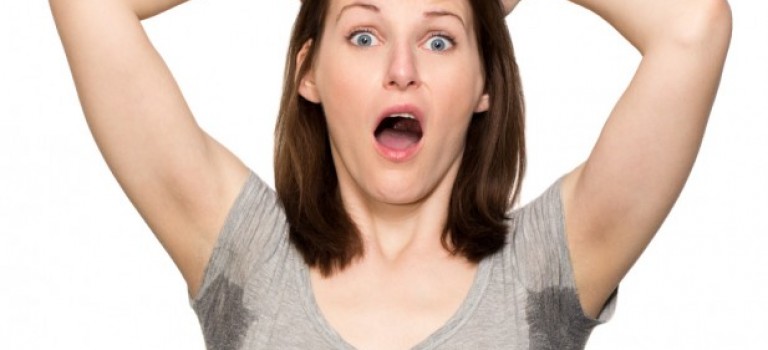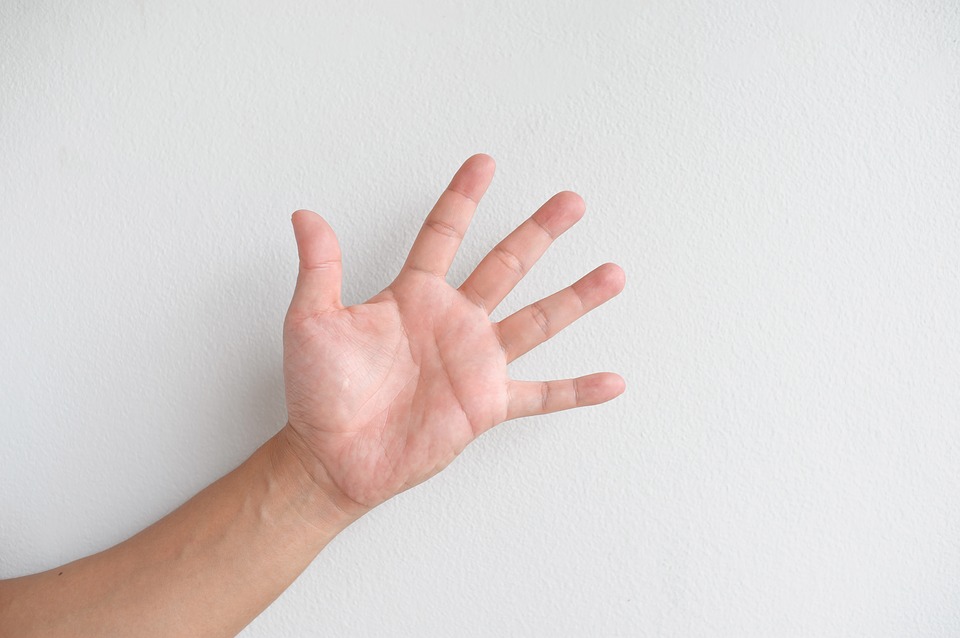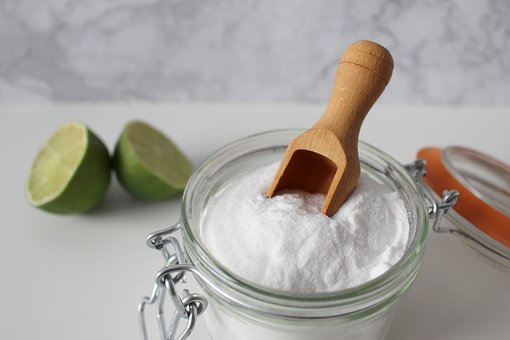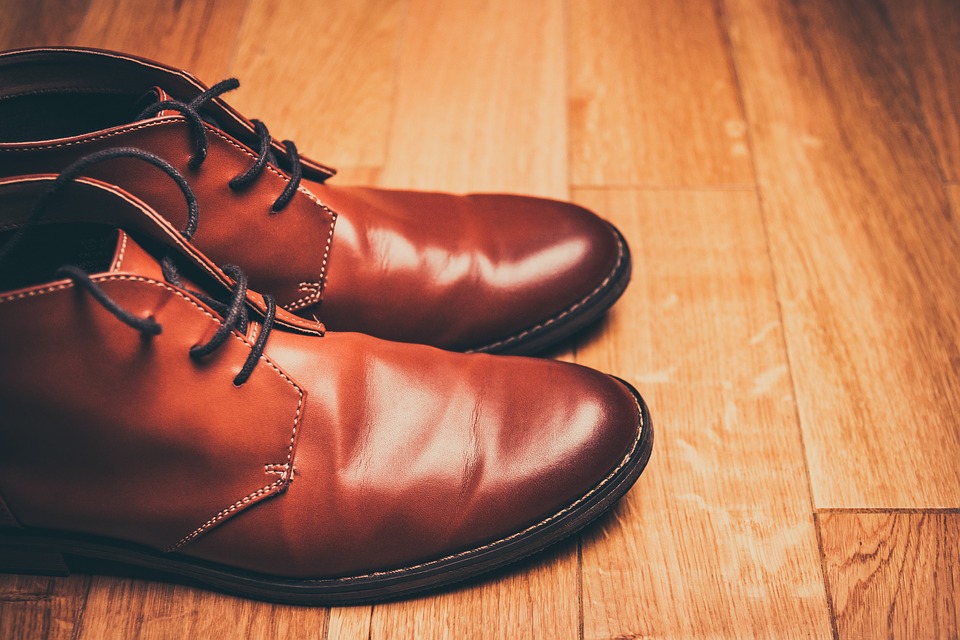
Do you ever find yourself profusely sweating from your palms and underarms at the worst possible times, leaving you feeling uncomfortable and embarrassed?
YOU’RE NOT THE ONLY ONE. You may be having hyperhidrosis.
DECIPHERING MEDICAL JARGON Hyperhidrosis: hyper- excess; -hidrosis sweating. A condition characterized by extreme and excessive sweating.
Why do we sweat?
Sweating can be humiliating; it stains clothes, wrecks romance, and disrupts business and social interactions. Often, people that perspire a lot feel self-conscious, worry that their clothing will be stained and sometimes have to change clothing often. These may interfere with their normal daily routine which then can have a negative impact on their quality of life.

Perspiring helps to regulate our body temperature from overheating. When the body starts to heat up; be it from exercise, being in hot and humid environment, feeling anxious or under stress, our brain reacts by releasing sweat from the eccrine glands. As the sweat evaporates, it cools the body, dissipating the heat generated by your metabolism. In hyperhidrosis, the excessive sweating exceeds the rate of evaporation than normal.
Types and Causes
Hyperhidrosis may be present from birth or develop later in life, but most cases tend to start during adolescence. The excessive sweating is normally most active in the underarms, hands, feet and the groin due to the relatively high concentration of sweat glands.
- Focal hyperhidrosis occurs when the excessive sweating is localized to certain parts of the body.
- Generalized hyperhidrosis is when the excessive sweating affects the whole body.
Excessive sweating is divided into two types; primary and secondary.
- Primary hyperhidrosis is linked to genetics and is characterized by excessive sweat without any apparent reason.
- Secondary hyperhidrosis is due to underlying medical conditions such as:
- Hyperthyroidism
- Parkinson’s disease
- Diabetes
- Pregnancy
- Menopause
- Obesity
- Infections like tuberculosis and HIV
Some medications like antidepressants, anticholinesterases (for Alzheimer’s disease), and propranolol (for high blood pressure) can lead to sweating too.
Symptoms
- Frequent sweating for unknown reason
- Wet or clammy palms and feet

- Noticeable sweating that soaks through your shirt, pants or socks
Can hyperhidrosis be treated?
If an underlying medical condition is causing the problem, that condition should be treated first. However, if the cause is not known, treatment focuses on controlling the excessive sweating such as:
- PRESCRIPTION ANTIPERSPIRANTS. Antiperspirants containing aluminium chloride plugs the sweat ducts, thus stopping the glands from producing sweat.
- ANTICHOLINERGIC DRUGS. These drugs inhibit the transmission of impulses to the parasympathetic nerves.
- BOTULINUM TOXIN. Treatment with Botox injections temporarily blocks the nerves that cause sweating. Patients with hyperhidrosis may need several injections for effective results.
- IONTOPHORESIS. This treatment sends painless electric currents through the water where the hands and feet are submerged.
- SURGERY. In severe cases, your doctor may suggest surgery that involves removing the sweat glands or disconnecting the nerves responsible for the overproduction of sweat
What about natural remedies?
The following measures may help to improve your symptoms:
- BAKING SODA. An alkaline that lowers pH level of sweating body parts by counteracting with the acidity of your sweat. Dust some baking soda on the sweaty body parts to control perspiration and to reduce body odour.

- BLACK TEA. It contains more tannic acid than normal tea. Black tea has astringent and antiperspirant properties. The former will constrict the sweat glands which control the sweat flow to outer skin.
- APPROPRIATE CLOTHING MATERIALS. Wear lightweight, breathable fabrics like cotton and silk.
- UNDERARM LINERS. Help to absorb sweat, and protect your garment from sweat.
- LEATHER SHOES. Use leather materials instead of synthetic materials to allow your feet to ‘breathe’. Wear socks made of moisture-wicking fabrics.

Don’t be afraid to ask your doctor about your problem with excessive sweating.
References:
- Excessive Sweating (Hyperhidrosis) | WebMD
- Hyperhidrosis | Mayo Clinic
- What Is Hyperhidrosis? | Medical News Today
- 5 Home Remedies To Deal With Excessive Sweating | Doctor NDTV
Image credit:
- https://17uh3i2b989t1jf7qqepkxez-wpengine.netdna-ssl.com/wp-content/uploads/stop-sweaty-armpits-1.jpg
- http://theaestheticscentre.co.za/wp-content/uploads/2016/12/sweat-miracle-2.jpg
- https://assets.cdn.thewebconsole.com/ZWEB5434/images/hyperhidrosis.jpg
- https://pixabay.com/photos/the-palm-of-your-hand-finger-hand-2704015/
- https://pixabay.com/photos/soda-lime-kitchen-eat-food-fresh-4017615/
- https://pixabay.com/photos/brown-shoes-lace-up-shoes-1150071/








